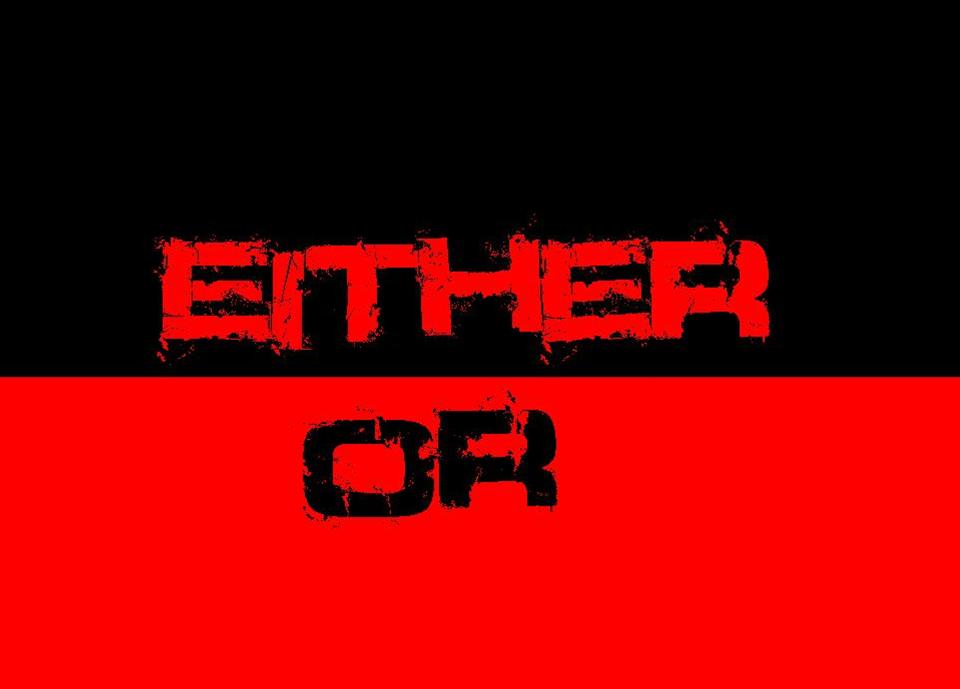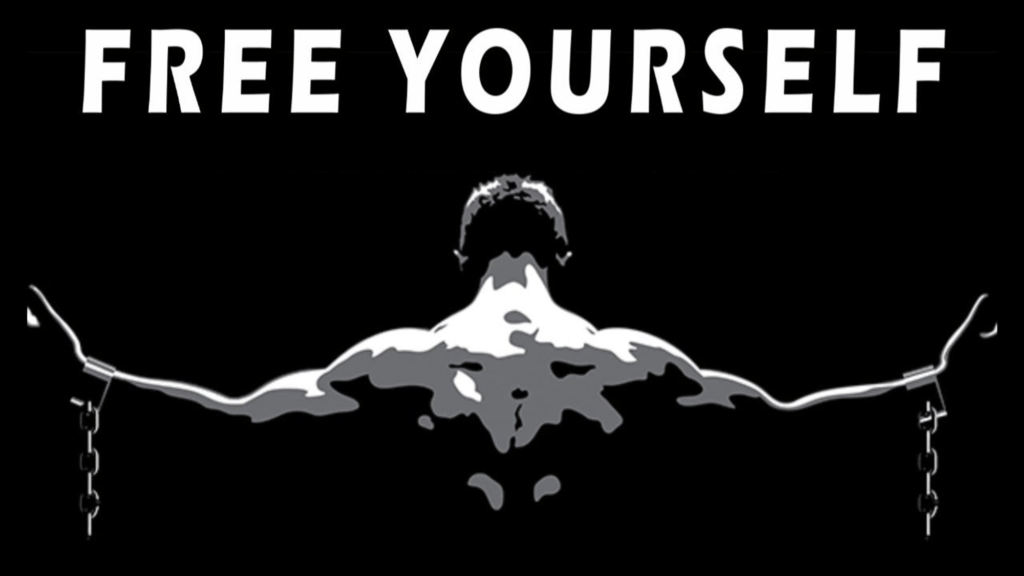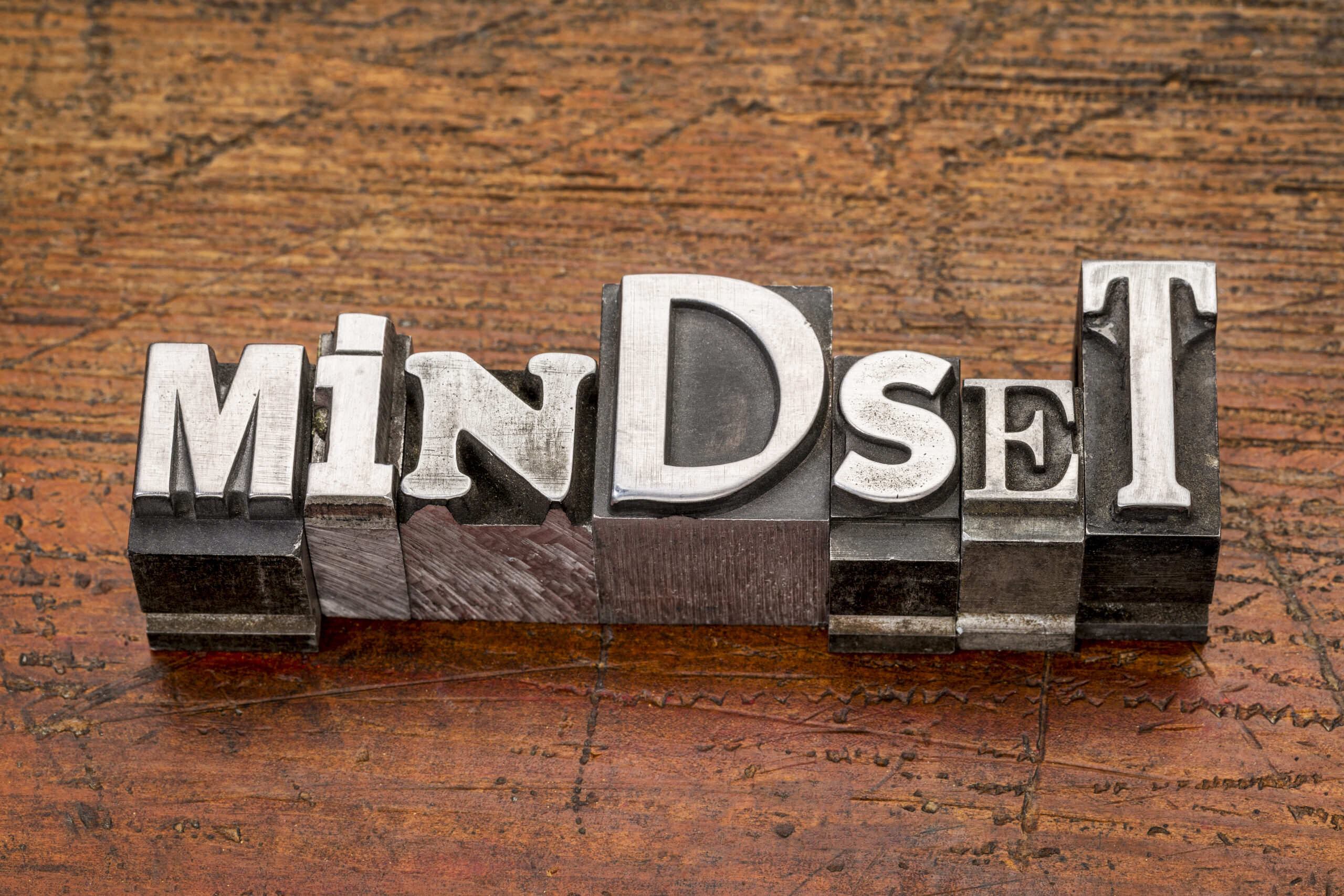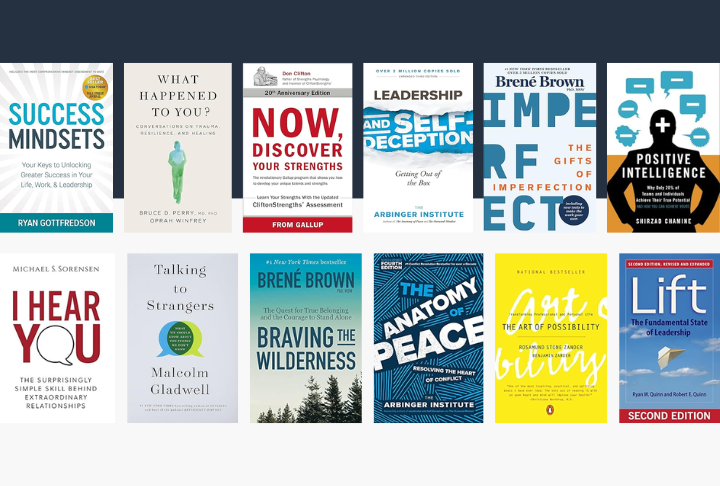This seems simplistic, but it is reality:
- We structure and live our lives based upon our beliefs
- If our beliefs are incorrect, they can significantly limit our success
- Therefore, if we want to optimize ourselves for success, we must seek to improve the accuracy of our beliefs
One of the things that I have learned is that when we have beliefs structured around an “either-or,” it is generally a signal that we are holding an incorrect belief that is limiting us.

For example, what if you believe that you can have either money “or” happiness? Another way I have heard this said is: “We may not have money, but we have love” (simultaneously assuming those with money don’t have love). Well, if you think in these ways, you are going to live life in a way that you have either money or happiness/love, and you won’t let yourself have both.
Hence the common term, “self-limiting beliefs.”
What these “either-or’s” represent are extreme black-or-white thinking. While there may be some things that are black or white, the reality is that most everything comes in the color of the rainbow.
Speaking of rainbows, let me give you another example. I have a Christian friend who is gay. For most of his adult life, he has held the belief that you are either straight or unloved by God. As you can imagine, shame has been a major theme in his life. It has only been until recently that he has allowed himself believe that you can be both gay and loved by God. Can you imagine the impact that has had on his life?
The “Or’s” Associated with Negative Mindsets
As I have thought about this through my lens of mindsets, it has become increasingly clear that those with negative mindsets generally possess limiting either-or beliefs, whereas those with the positive mindsets see the spectrum of colors, and are more successful because of them.
Let me demonstrate by walking through the four mindset continuums that I generally focus on.
Fixed and Growth Mindsets
- Fixed: When you have a fixed mindset, you believe that you are either a “have” or a “have not.”

When we possess this belief, we only engage in the activities that allow us to demonstrate our talent (to demonstrate our “have”-ness. We will back away from opportunities that might expose our lack of talent (our “have not”-ness). As a result, we generally shy away from challenges, limiting our success.
- Growth: When you have a growth mindset, you believe that if you aren’t good at something now, you can become good at that thing in the future.
When we possess this belief, we don’t become defeated when we fail. Rather, we use it as an opportunity to learn and advance ourselves.
Closed and Open Mindsets
- Closed: When you have a closed mindset, you believe that you either have “the answer” or you are not credible.

When we possess this belief, we feel we need to have all the answers, and we don’t leave room for being wrong. This generally causes us to be closed to new ideas and new ways of thinking.
- Open: When you have an open mindset, you believe that you are most credible when you are seeking to think optimally and find truth.
When we possess this belief, we don’t need to have “the answers.” This allows us to mentally be in a place where we can authentically acknowledge that we don’t know the answer, but we want to find it. This invites the input of others, creating an environment where the best thinking occurs.
Prevention and Promotion Mindsets
- Prevention: When you have a prevention mindset, you believe that you either protect yourself or you fail.

When we possess this belief, we feel we become overly cautious and seek more to fail than to make progress or win. This ultimately leads one to live a passionless methodical life.
- Promotion: When you have a promotion mindset, you believe that if you want to accomplish your dreams and goals, you have to take risks and venture into the unknown.
When we possess this belief, we are able to live with purpose and meaning. Ultimately, this is the only way to live if we are going to reach the destinations we desire for ourselves.
Inward and Outward Mindsets
- Inward: When you have an inward mindset, you believe that you either succeed or other people succeed. In other words, if another succeeds, you lose.

When we possess this belief, we live life in a competition with others. This causes us to see others as either obstacles in our way or as instruments to get us where we want to go. It leads to us living a selfish life.
- Outward: When you have an outward mindset, you believe that everyone can succeed.
When we possess this belief, we live life in collaboration with others. This causes us to see others as people and partners to elevate everyone’s opportunity for success. It leads to us living a selfless life.
Conclusion
Which of the beliefs are more accurate? The “either-or” beliefs, or the beliefs associated with the positive mindsets? If we are honest with ourselves, it is the beliefs associated with the positive mindsets.
Moral of the story: The mindsets, and their respective beliefs, that you possess dictate the level of success, happiness, and fulfillment you can obtain.
Thus, it is critical that we adopt positive mindsets and their associated more-accurate beliefs.
I hope these examples give you an indicator to better evaluate the accuracy of your beliefs: look for the “either-or’s”
Also, I have a FREE personal mindset assessment that can help you back into your beliefs. The assessment will identify which mindsets you most dominantly possess. After getting your results, introspect on the associated beliefs in this post, and whether or not you possess, or are inclined to possess, any of the self-limiting beliefs identified.










